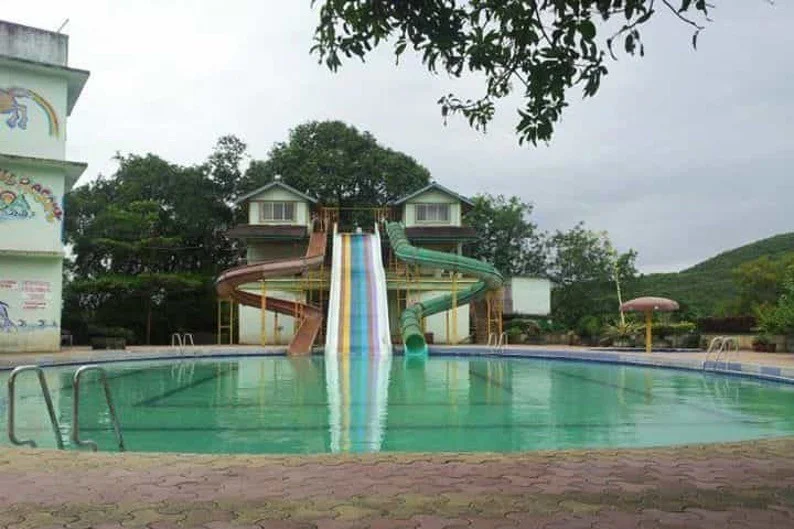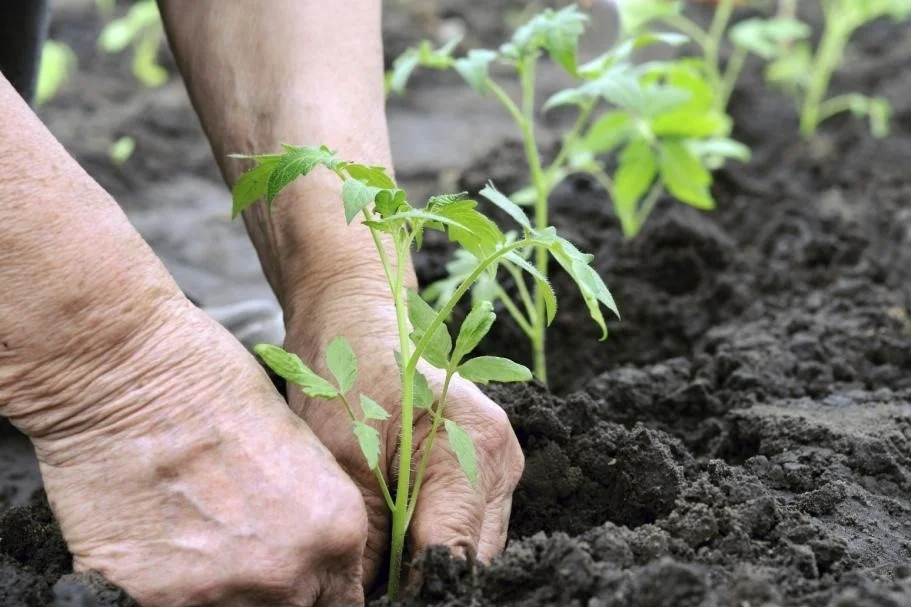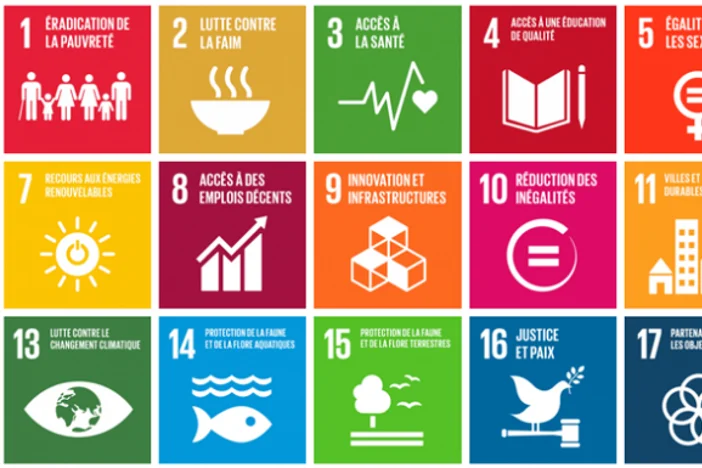Sustainable tourism charter created for Tunisia

A sustainable tourism charter has been established for Tunisia in an effort to improve the environment.
Almost 600,000 tonnes of plastic is dumped into the Mediterranean every year costing the Tunisian economy $20 million due to the impact on tourism, fishing and navigation, according to WWF, the Worldwide Fund for Nature.
Goals set by the charter – developed in partnership with the resort of Hammamet, the country’s tourism ministry, Abta, Tui, the Federation of Tunisian Hoteliers and Tunisia’s waste management agency – are intended to help address the issue.
The charter should lead to a more sustainable and environmentally-friendly tourism industry in Tunisia, responding to the increasing priority that British and other foreign tourists are placing on the environment when making their holiday choices.
The charter’s aims include:
The discontinuation of disposable plastic cups and cutlery in hotels by March 2020 and the ending of plastic drinking straws by next month;
More responsible disposal and recycling of waste with tour operators encouraging hotels to attain a global sustainable tourism certificate by December 2020 and the production of a work plan for the Hammamet Municipal Council and central government by March 2020; and
Supporting the local economy with more opportunities for local and regional artisans to sell goods to tourists as well as strengthened promotion of local food in hotel restaurants by March 2020.
UK ambassador to Tunisia, Louise de Sousa, said: “I am pleased to launch this project and hope it will be rolled out to other areas of Tunisia, helping preserve the beauty of this country.
“This will not only appeal to British tourists but also provide economic benefits for Tunisian businesses.
“The reduction of plastic waste is a crucial element of the UK government’s work to protect the world’s oceans and ensure we leave a cleaner planet to the next generation.”
The travel association’s senior destinations and sustainability manager, Clare Jenkinson, added: “Abta is well placed to work with its Members, national and local governments to share best practice in sustainable destination management.
“This charter to improve waste management, reduce single use plastics and support the local economy in Tunisian tourist destinations is an excellent example of what can be achieved by working together and setting commitments.”
 Algeria
Algeria Bahrain
Bahrain Comoros
Comoros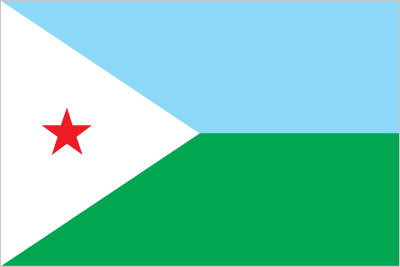 Djibouti
Djibouti Egypt
Egypt Iraq
Iraq Jordan
Jordan Kuwait
Kuwait Lebanon
Lebanon Libya
Libya Mauritania
Mauritania Morocco
Morocco Oman
Oman Palestine
Palestine Qatar
Qatar Saudi Arabia
Saudi Arabia Somalia
Somalia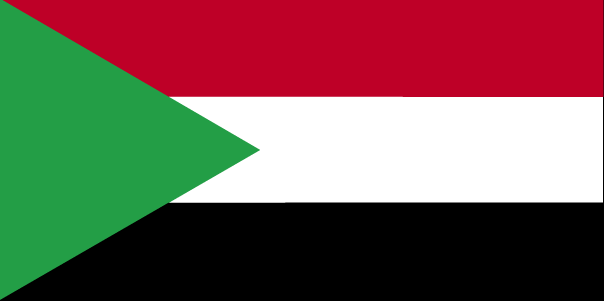 Sudan
Sudan Tunisia
Tunisia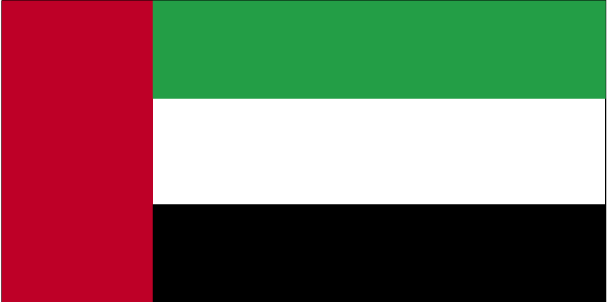 UAE
UAE Yemen
Yemen